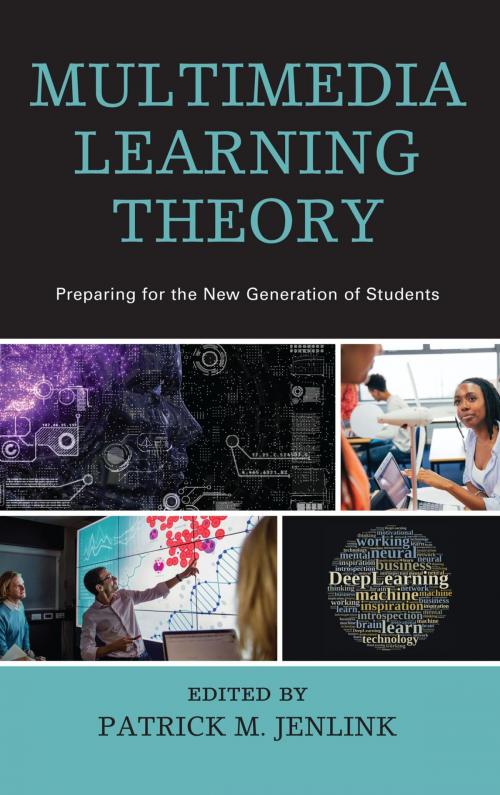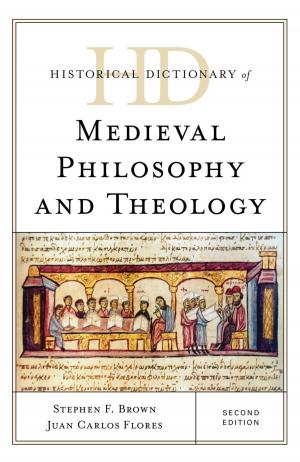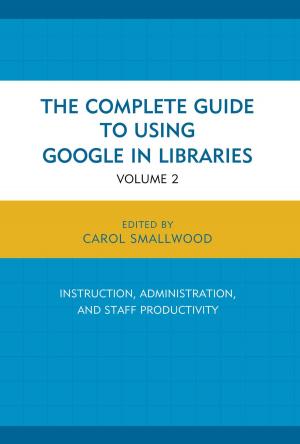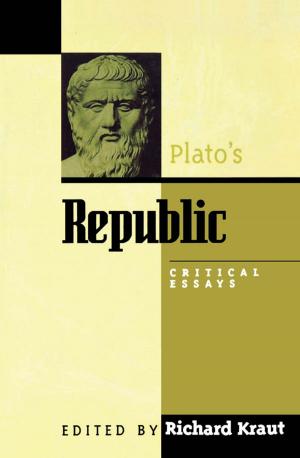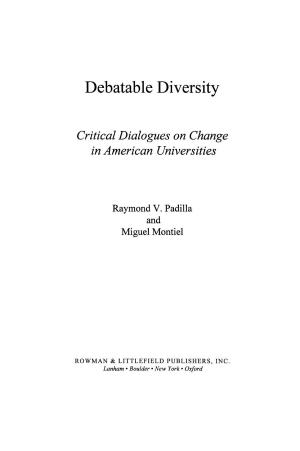Multimedia Learning Theory
Preparing for the New Generation of Students
Nonfiction, Reference & Language, Education & Teaching, Special Education, Experimental Methods, Teaching, Computers & Technology| Author: | ISBN: | 9781610488501 | |
| Publisher: | Rowman & Littlefield Publishers | Publication: | May 17, 2019 |
| Imprint: | Rowman & Littlefield Publishers | Language: | English |
| Author: | |
| ISBN: | 9781610488501 |
| Publisher: | Rowman & Littlefield Publishers |
| Publication: | May 17, 2019 |
| Imprint: | Rowman & Littlefield Publishers |
| Language: | English |
This book offers a primary focus on the meaning and importance of multimedia learning theory and is application in educator preparation. Integrating multimedia learning theory into preparing the next generation of educators for their role in the education of the next generation of students is presented as an important consideration for the future of our educational systems and society. As the use of digital technologies and Web 2.0 becomes more prevalent and the world becomes more infused with multimedia, it is important to ask to what extent, if at all, such developments change the forms and nature of knowledge. Teaching and learning in this digital, multimedia environment is increasingly challenged as the neomillennial generation enters schools and colleges having grown up with digital technologies defining their culture and shaping their cognitive and social interactions. Multimedia, for the neomillennial generation, is deeply embedded in their sensory and cognitive patterns; the neomillennials see and understand media in more sophisticated ways than their parents and the generations of society that preceded them.
This book offers a primary focus on the meaning and importance of multimedia learning theory and is application in educator preparation. Integrating multimedia learning theory into preparing the next generation of educators for their role in the education of the next generation of students is presented as an important consideration for the future of our educational systems and society. As the use of digital technologies and Web 2.0 becomes more prevalent and the world becomes more infused with multimedia, it is important to ask to what extent, if at all, such developments change the forms and nature of knowledge. Teaching and learning in this digital, multimedia environment is increasingly challenged as the neomillennial generation enters schools and colleges having grown up with digital technologies defining their culture and shaping their cognitive and social interactions. Multimedia, for the neomillennial generation, is deeply embedded in their sensory and cognitive patterns; the neomillennials see and understand media in more sophisticated ways than their parents and the generations of society that preceded them.
